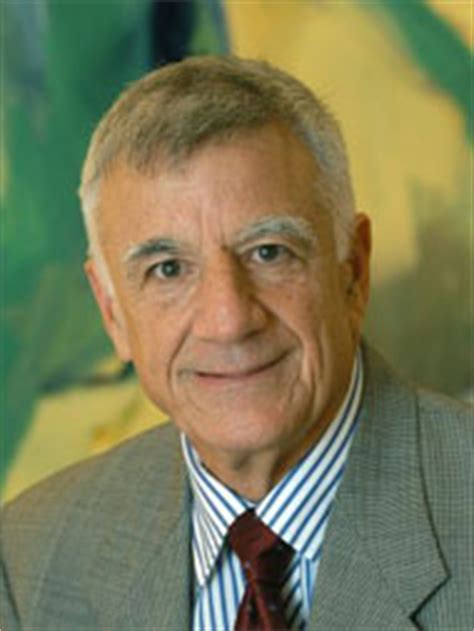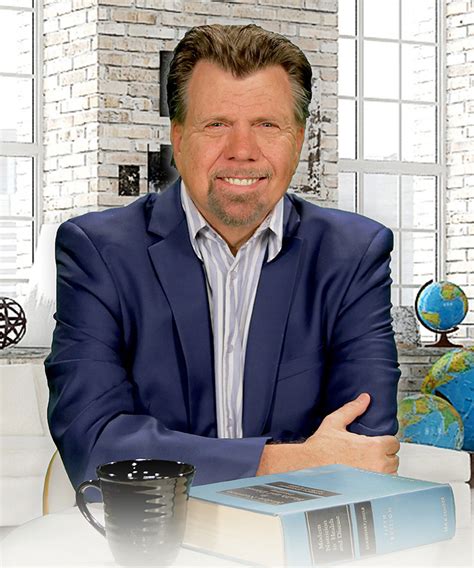A Quote by Esther Perel
We used to moralize; today we normalize, and performance anxiety is the secular version of our old religious guilt.
Related Quotes
But when we reduce sex to a function, we also invoke the idea of dysfunction. We are no longer talking about the art of sex; rather, we are talking about the mechanics of sex. Science has replaced religion as the authority; and science is a more formidable arbiter. Medicine knows how to scare even those who scoff at religion. Compared with a diagnosis, what's a mere sin? We used to moralize; today we normalize, and performance anxiety is the secular version of our old religious guilt.
In contemporary society secular humanism has been singled out by critics and proponents alike as a position sharply distinguishable from any religious formulation. Religious fundamentalists in the United States have waged a campaign against secular humanism, claiming that it is a rival "religion" and seeking to root it out from American public life. Secular humanism is avowedly non-religious. It is a eupraxsophy (good practical wisdom), which draws its basic principles and ethical values from science, ethics, and philosophy.
The underlying foundation of all religion is performance - whether it's a tribal dance around a campfire to satisfy the fire god, or a dead religious activity performed week after week by an evangelical Christian with the intent of impressing his God. It's all religious performance, and God isn't impressed by our performance. What impresses Him is faith.
Today the separation of church and state is America is used to silence the church... The way the concept is used today is totally reversed from the original intent... It is used today as a false political dictum in order to restrict the influence of Christian ideas... To have suggested the state separated from religion and religious influence would have amazed the Founding Fathers.
We need to employ a secular approach to ethics, secular in the Indian sense of respecting all religious traditions and even the views of non-believers in an unbiased way. Secular ethics rooted in scientific findings, common experience and common sense can easily be introduced into the secular education system. If we can do that there is a real prospect of making this 21st century an era of peace and compassion.
A comprehensive doctrine, either religious or secular, aspires to cover all of life. I mean, if it's a religious doctrine, it talks about our relation to God and the universe; it has an ordering of all the virtues, not only political virtues but moral virtues as well, including the virtues of private life, and the rest. Now we may feel philosophically that it doesn't really cover everything, but it aims to cover everything, and a secular doctrine does also.
You have to be closer to religious origins -- the generation of the 20's was truly secular in that it still knew its theology and its varieties of religious experience. We are post-secular, inventing new faiths, without any sense of organizing truths. The truths we accept are so multiple that honesty becomes little more than a strategy by which you manage your tendencies toward duplicity.


































